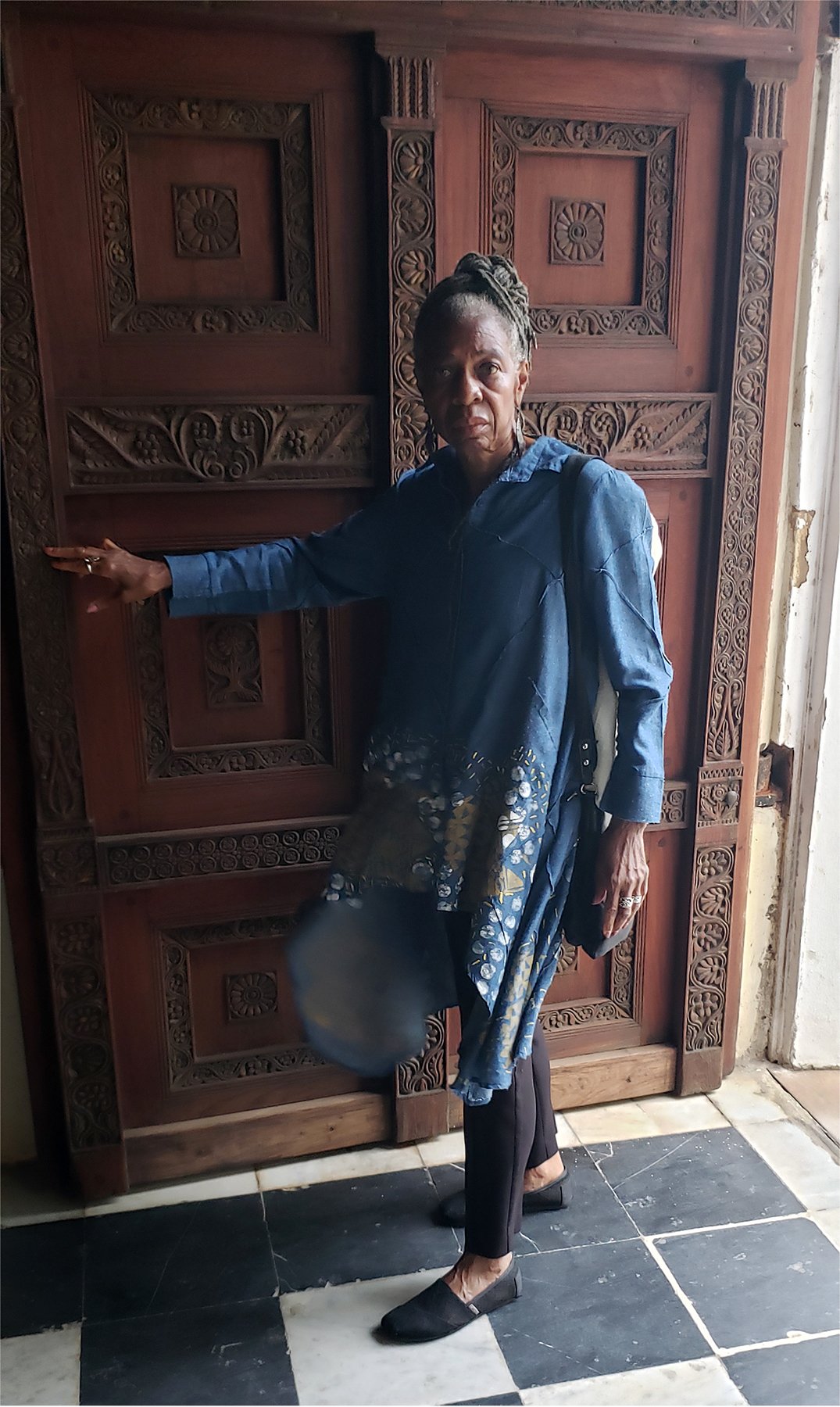BEYOND REPARATORY JUSTICE:
REPENTANCE, REPAIR AND RECONCILIATION
In late June, our General Secretary, Dr. Iva Carruthers, shared with our network that she would be embarking on trip to Zimbabwe in late July to present a reflection, “Beyond Reparatory Justice: Repentance, Repair and Reconciliation,” for the Theology of Reparations Convening as invited by the Council of World Missions to a roundtable. Here is her actual presentation, along with photos of her journey to Zimbabwe, Tanzania, Zanzibar and other African nations.
I AM TRULY grateful for the opportunity to be here and share in this process of intellectual reimagining and spiritual renewal. I thank God for traveling mercies and grace for this time shared as well as the vision for our convening. I am mindful that we gather on ancient lands from which emanated the Zulu Declaration, an early written philosophical and ethical document on what it means to be human
I am mindful we gather on the ancestral lands of the San, the oldest known community of humans, considered to be the first homo sapiens. I honor two people of African descent whom I consider as sheroes and heroes of resistance to the oppression for which reparations are due, Chaka Zulu and Queen Nzingha.
I imagine that like most of you, this was an assignment where many ideas on what you might say is on the editing floor, often really good stuff. I struggled to discern what and how God was preparing me as a contributing conversational partner in this work. With possibilities for multiple themes, frameworks, concept notes, stories and case studies going off in my head, I was led to organize this reflection around three related challenges of constructing a theology of reparations from my context. Consider this reflection a heuristic concept note at the intersection of sociological and theological studies, but, as well, shaped by my lived experiences, born into a family of activists, a woman of African descent in the US an activist and organizer of the reparations movement in the US and beyond.
I am privileged to be here today as General Secretary of the Samuel DeWitt Proctor Conference, Inc. and Executive Director of the Center for Reparatory Justice Transformation and Reconciliation at McCormick Theological Seminary. I am remembering this place where my friend and colleague from University of Chicago, who had been in exile in Chicago, welcomed me and my family 43 years ago, as we – as young scholars – sought to make sense of the harm done from the Transatlantic Slave Trade System and colonialism and the potential role of reparations; and him, having been appointed in the first post-colonial government to explore workable solutions for reparatory justice around land ownership and agricultural development This is personal.
Honoring the memory of the Mother of Reparations in the US, Callie House, who co-founded with several pastors the National Ex-Slave Mutual Relief, Bounty and Pension Association, I invoke her words of theological reflection:
If the Government had the right to free us, she had a right to make some provision for us and since she did not make it soon after Emancipation, she ought to make it now.” [1899 p. 50]
In 1915, Atty. Cornelius Jones filed suit on behalf of Callie House and National Ex-Slave Mutual Relief, Bounty and Pension Association, declaring that the Treasury Department owed African Americans $68M dollars for cotton taxes collected between the mere six-year period of 1862 to 1868. [That is over 2 trillion in today’s dollars] p. 178. Ms. Callie House was subsequently charged with mail fraud and imprisoned.
Upon that foundation, there are three key points of engagement and inquiry I would like to share.
· Theological
· Socio-psychological
· Organizational
The Biblical narratives of Onesimus and Zacchaeus are often times at the center of reparations theologizing. Indeed, both have relevance, but with a different lens. Clearly from the social location of POAD and communities most impacted by the TASTS, there are significant and noteworthy differences which ought to inform our conversation.
The name Onesimus in Greek means profitable, useful and beneficial, i.e. money making for somebody. He was certainly marginalized, considered to be Black and of the Akan Ghanian ethnic group.
At the end of the day, Onesimus represented one who returns to the same structural system of master-slave relationship, subject to the goodwill and generosity of the master. The narrative is indeed a set up for reconciliation, reconciling back to a slave master relationship in hopes for a more compassionate environment in which to exist. The Onesimus narrative clearly centers the self-interests and ultimate powers of the master, ignoring repair for the harm he suffered, as well as any potential claim for freedom.
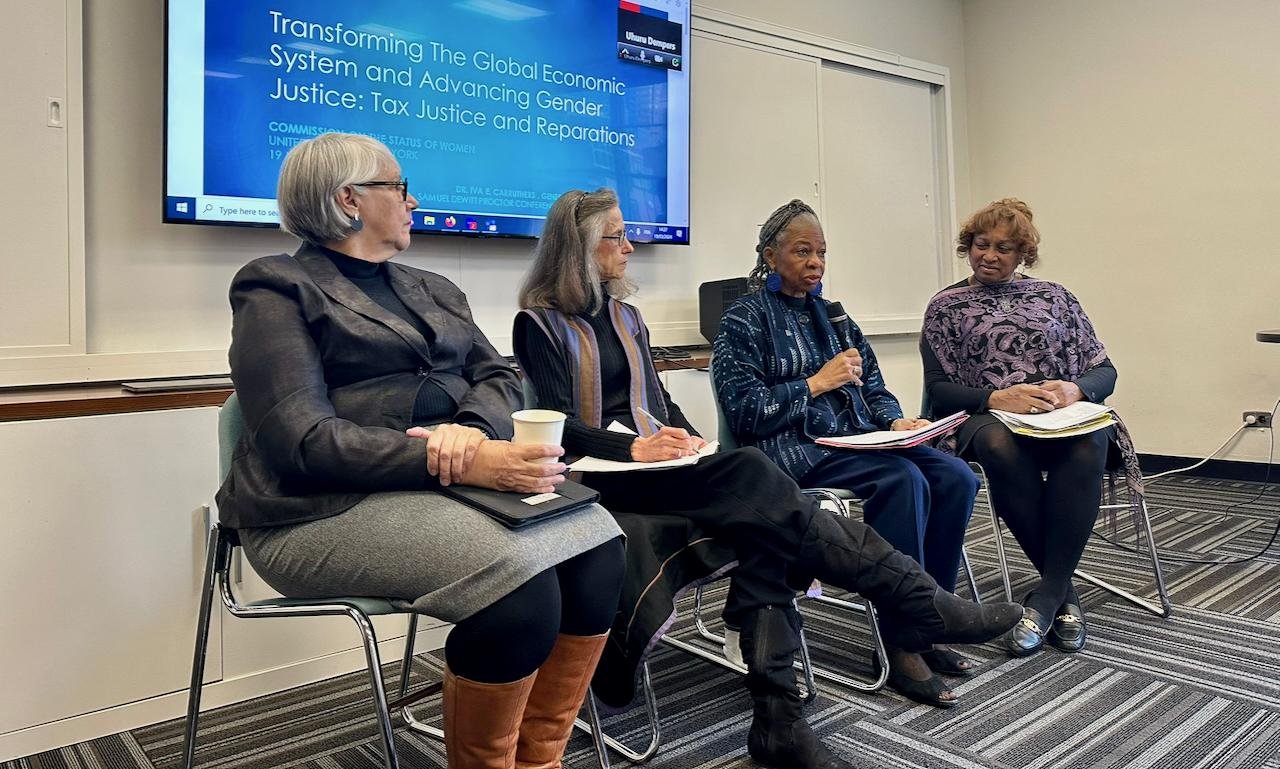
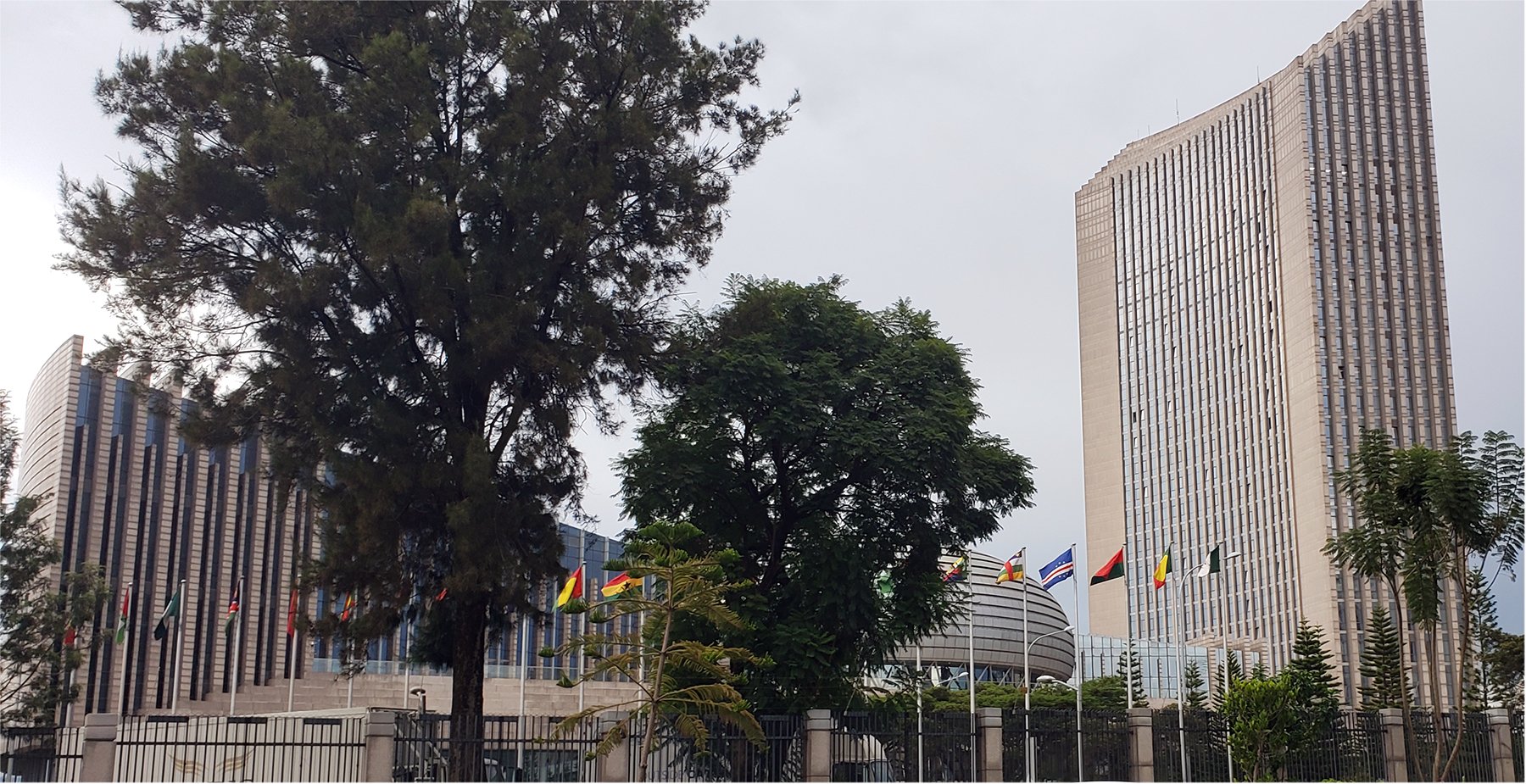
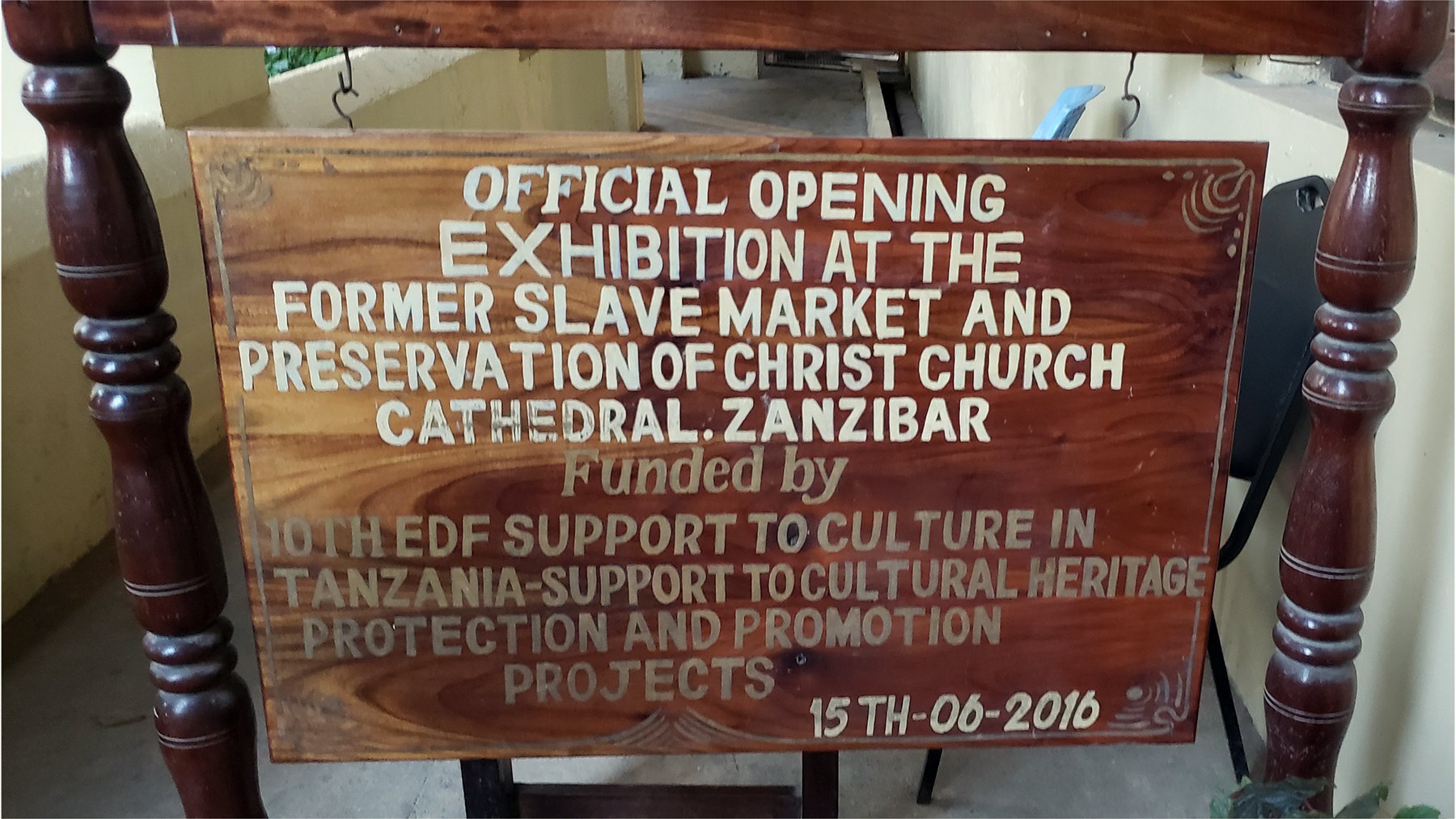
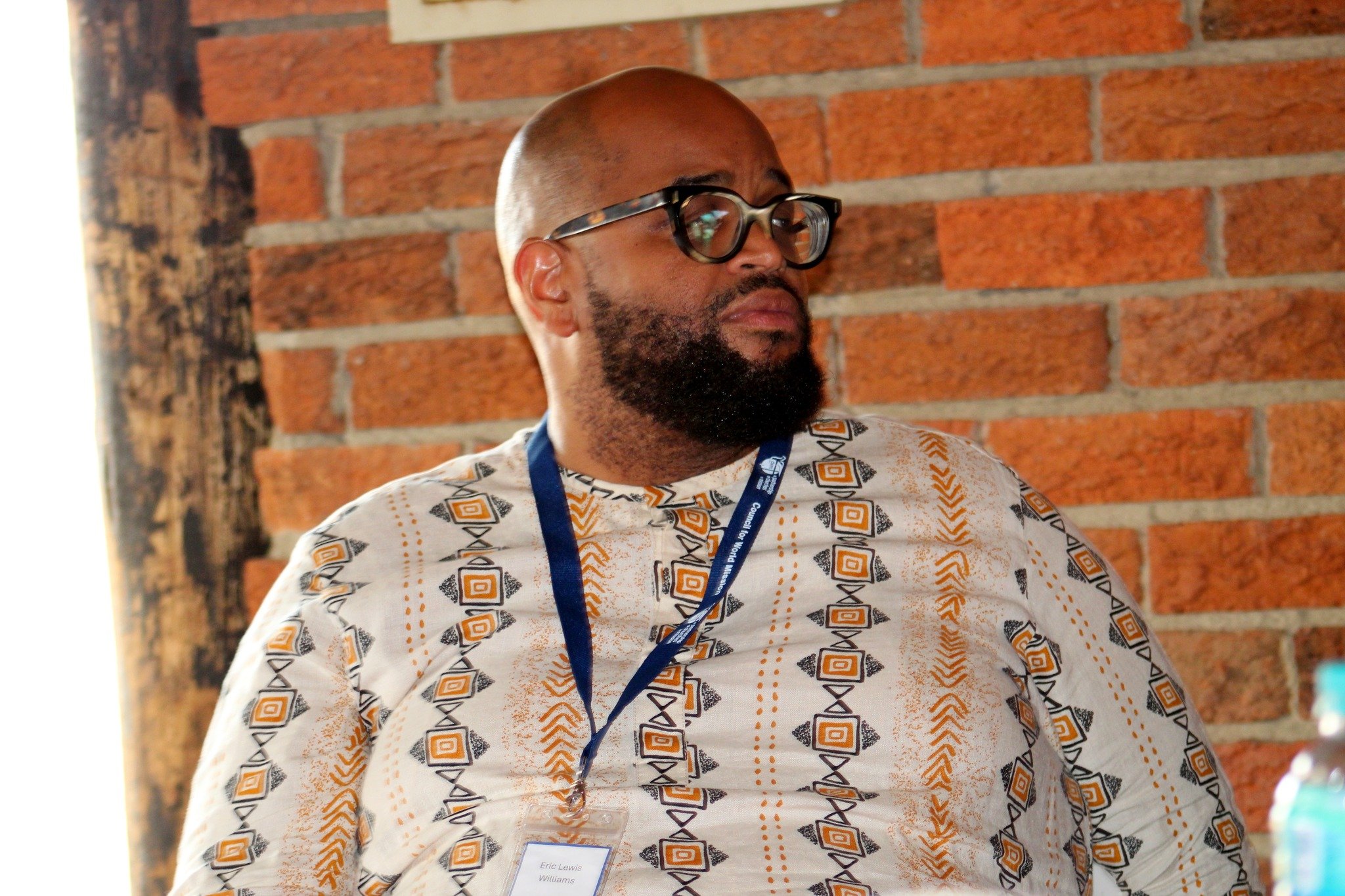
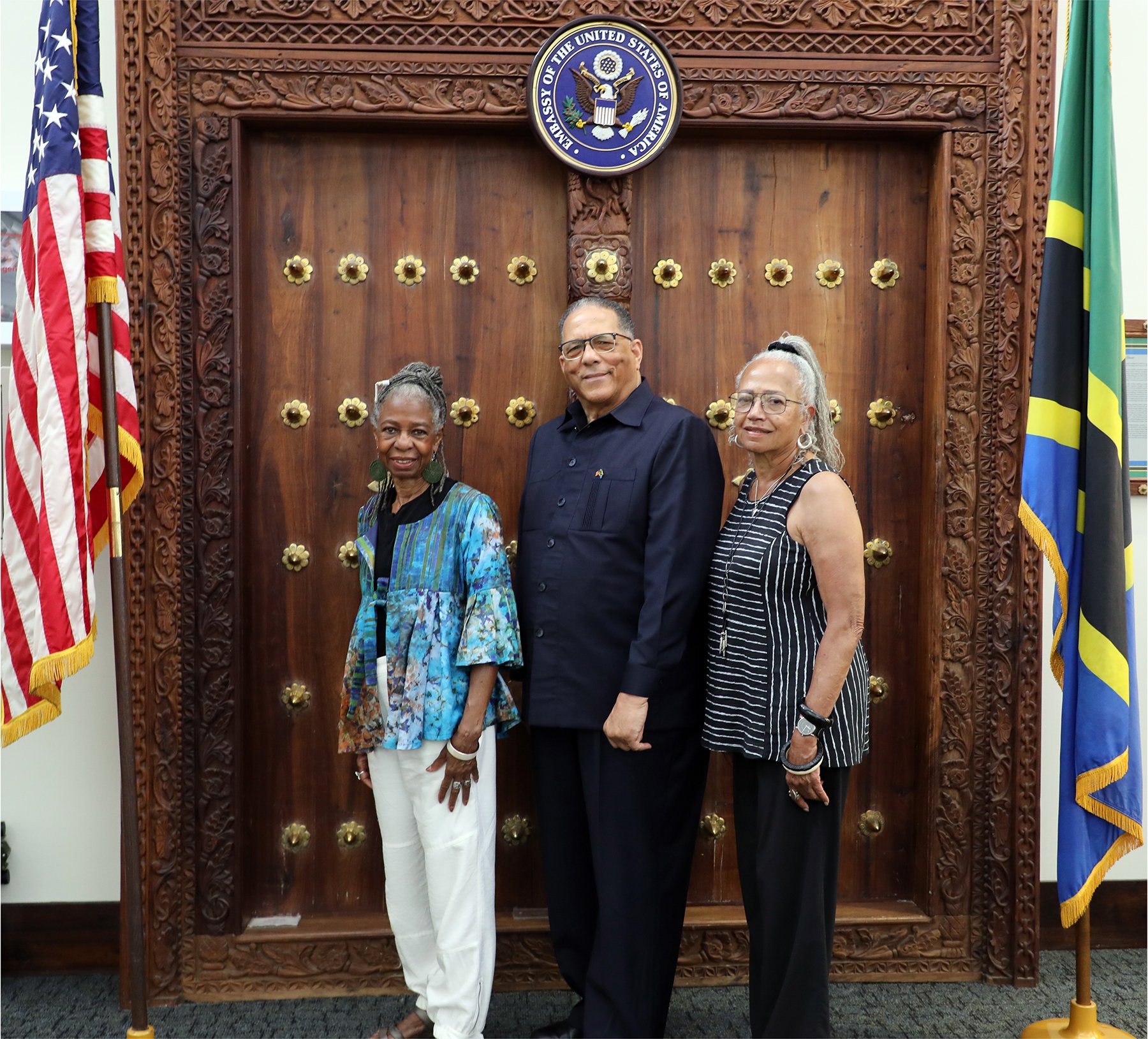
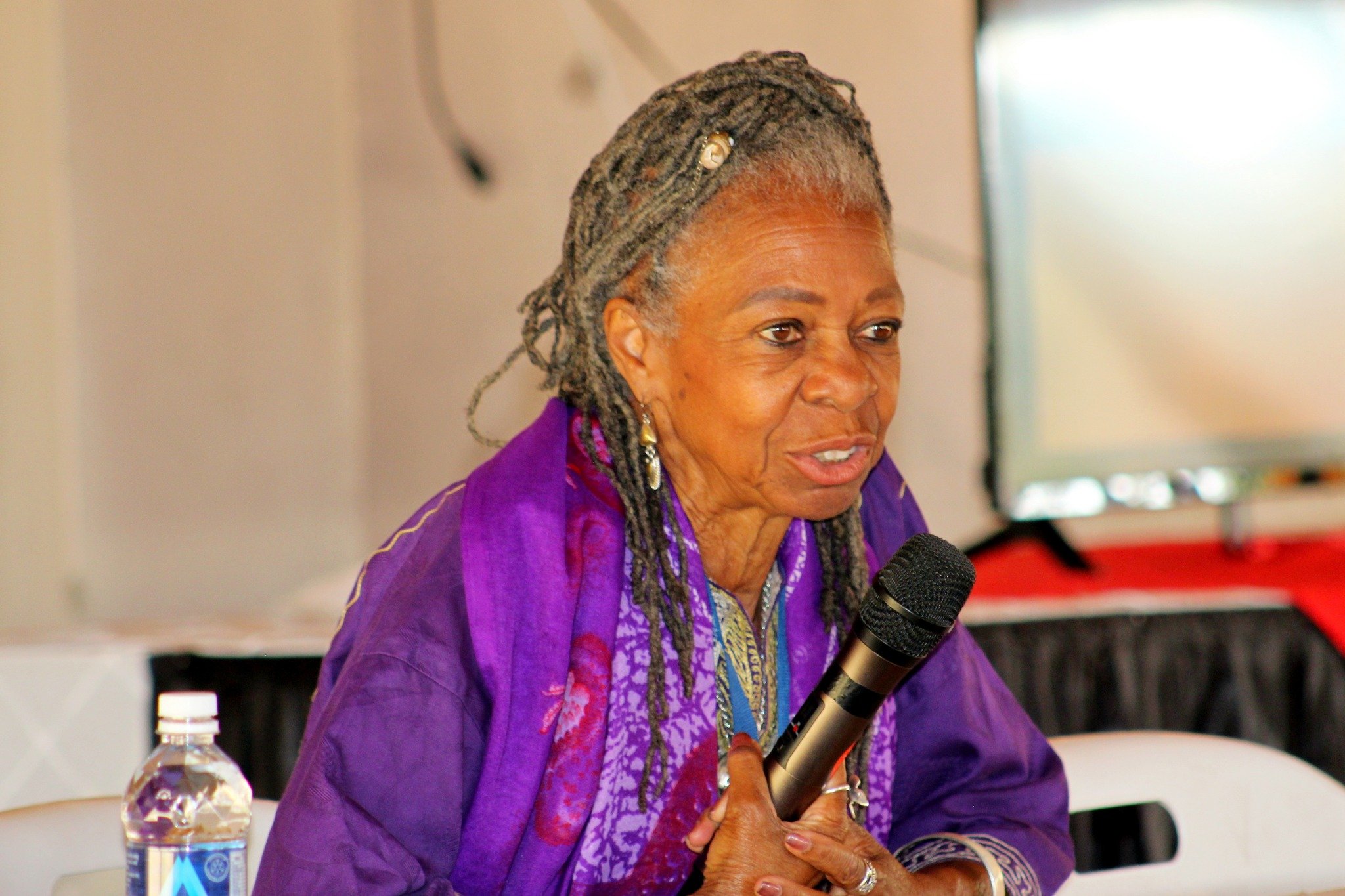
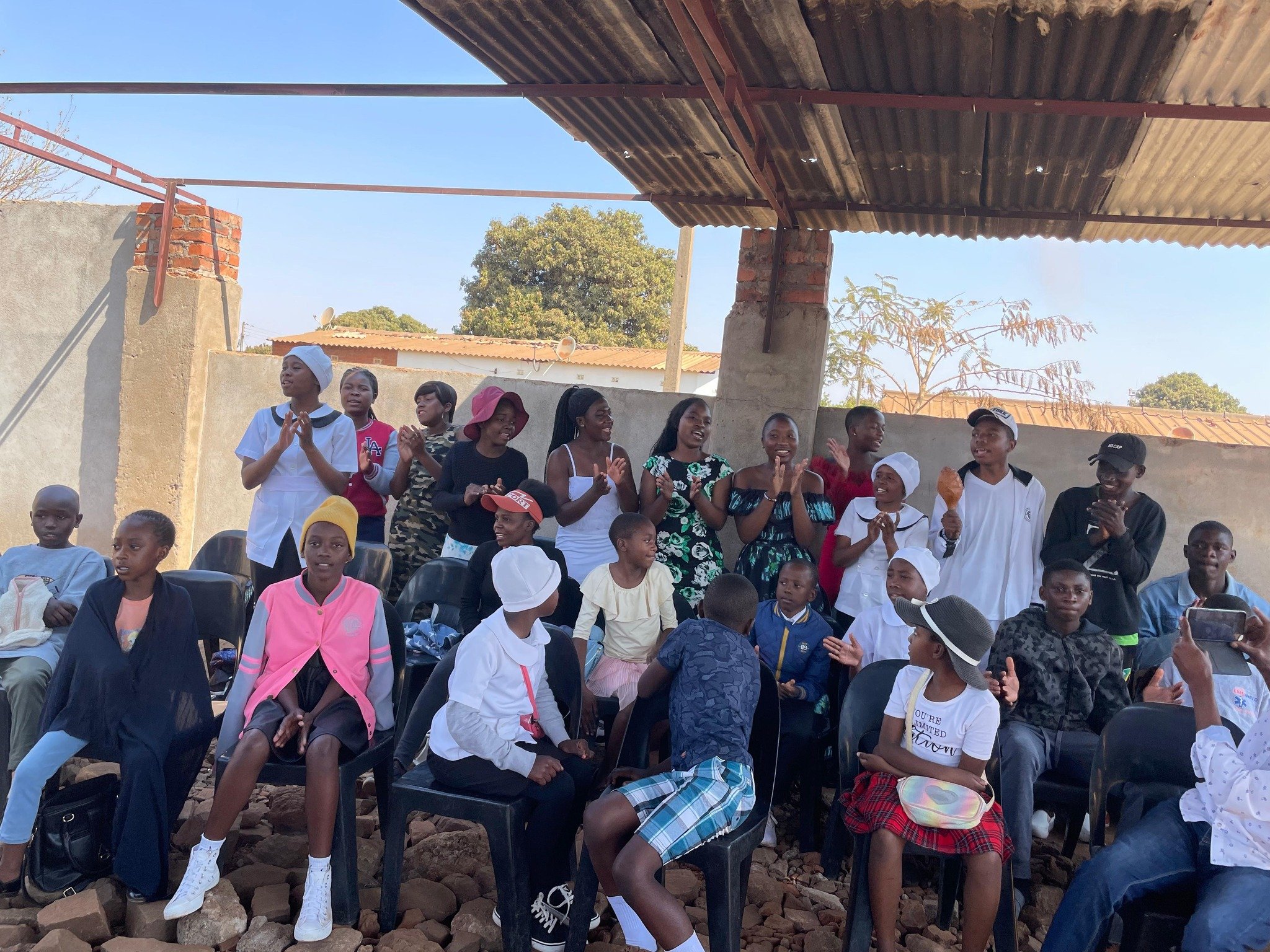
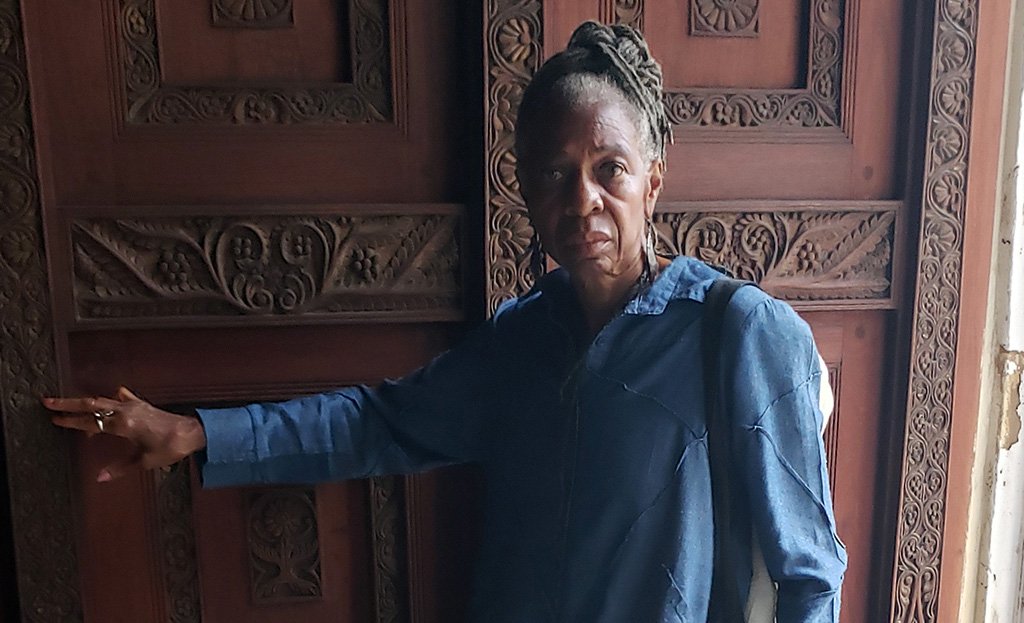
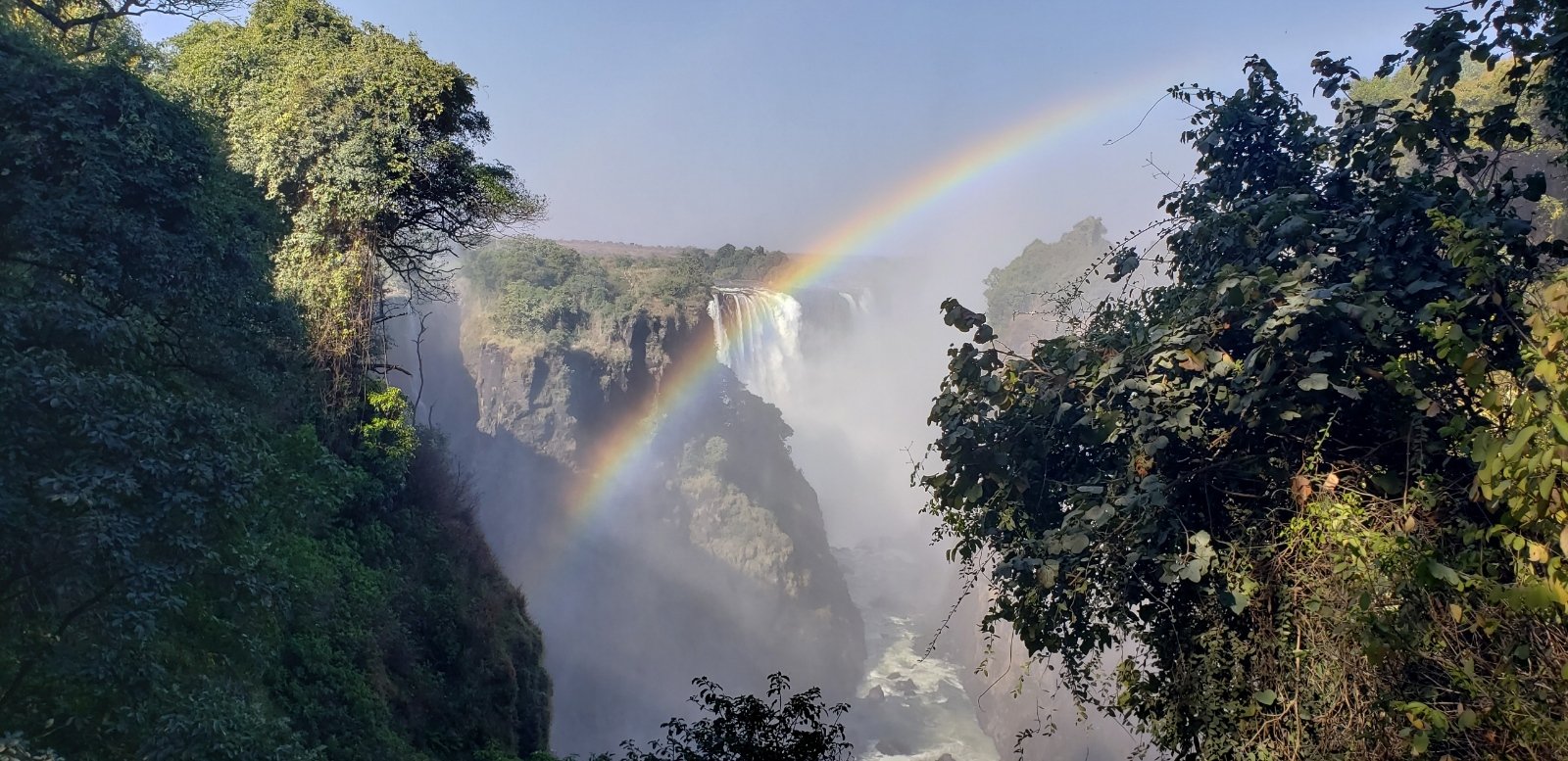
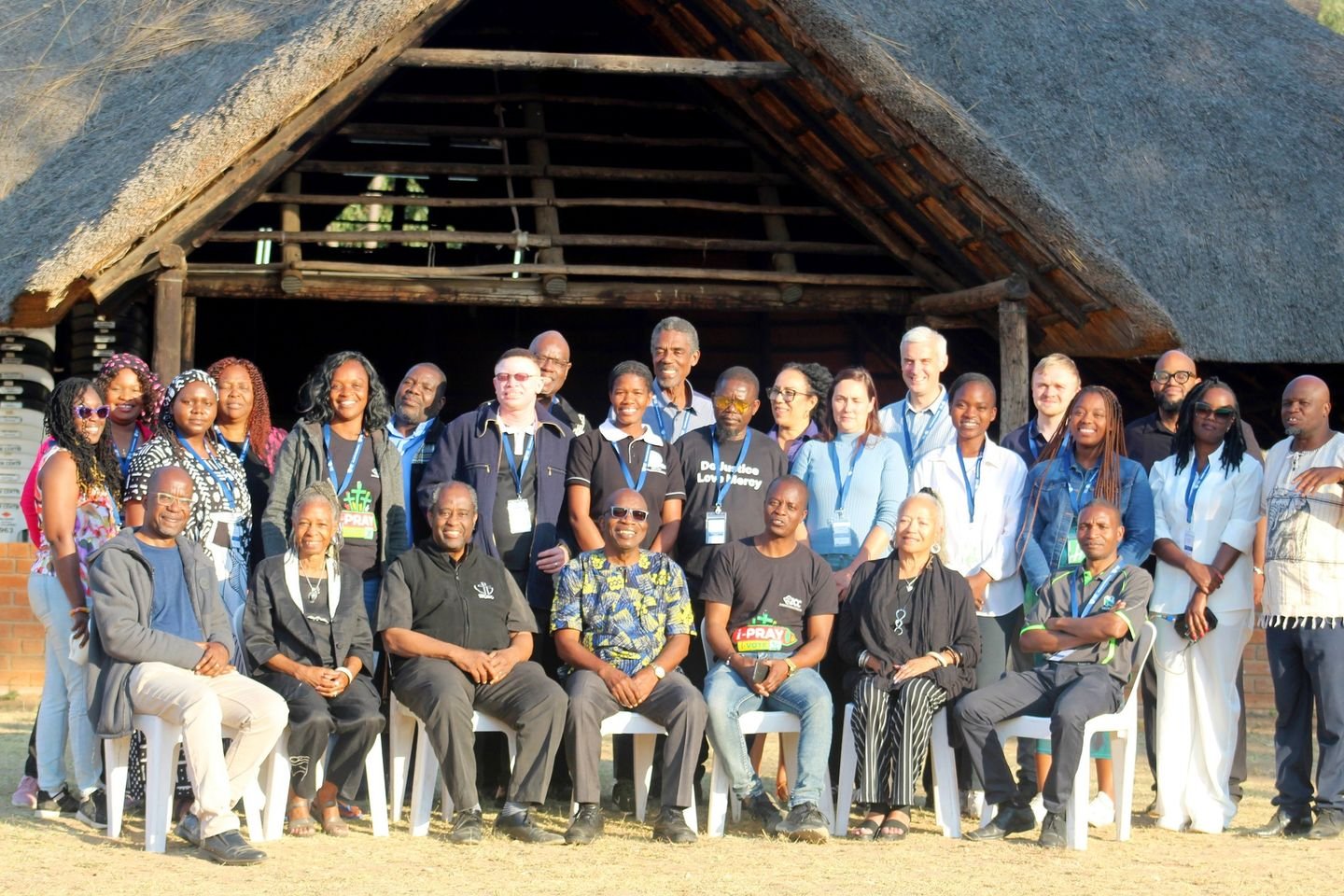
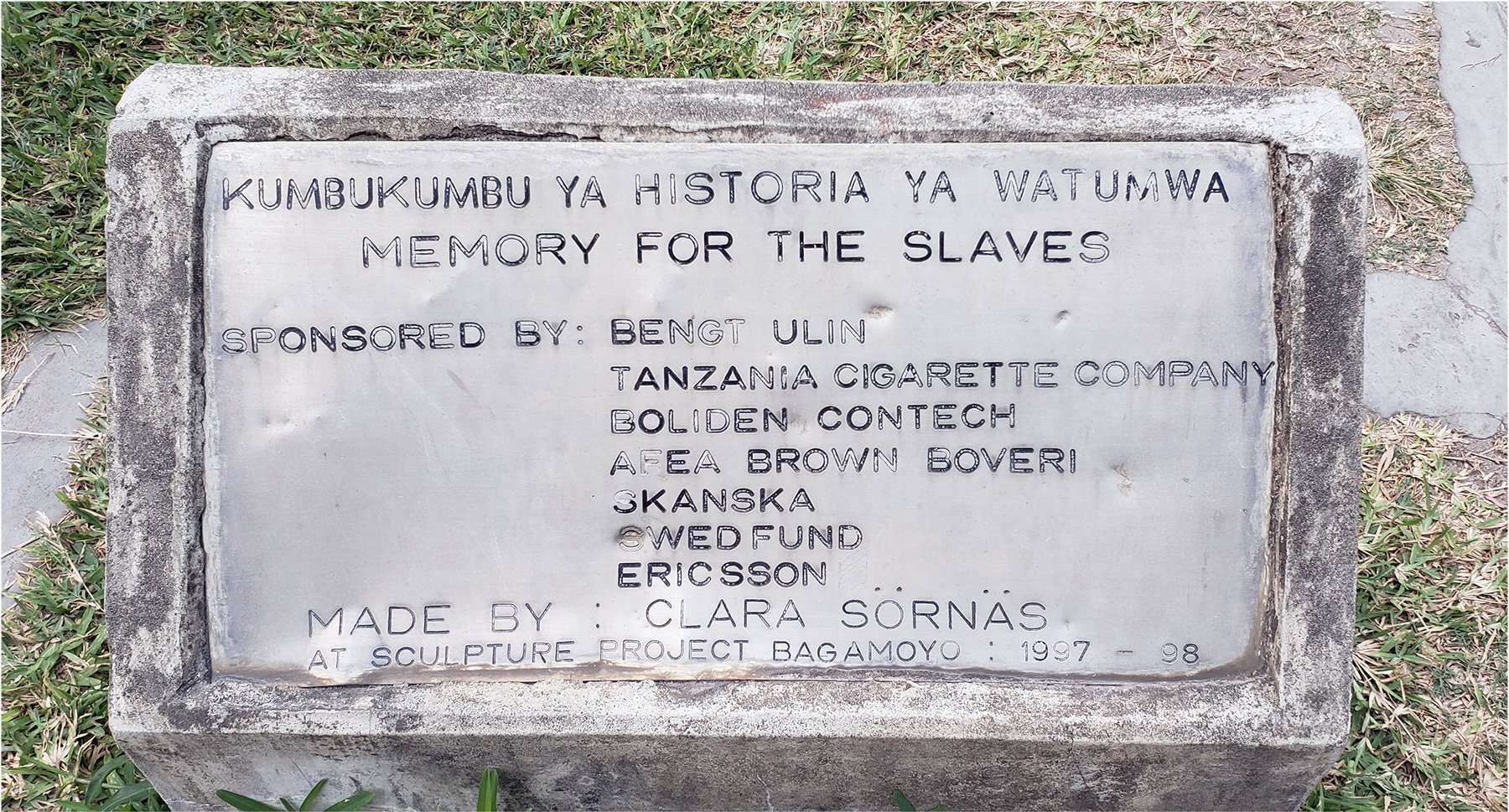
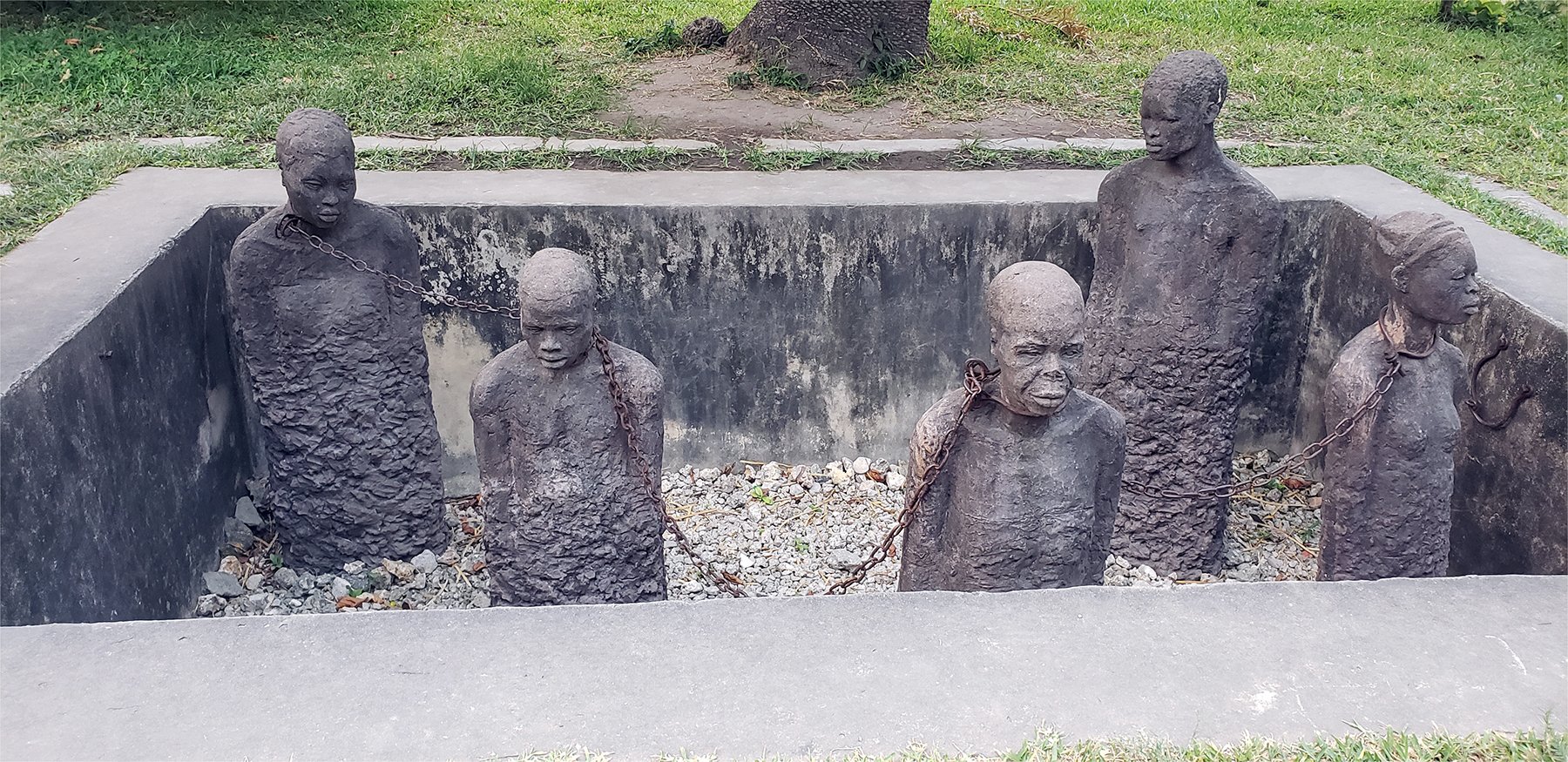

The theological harm of the Onesimus narrative was its instruction to “Christian” slave owners to use it to make better slaves. In How to Make a Negro Christian: the Religious Instruction of the Negroes and Other Works by Charles Colcock Jones,
“the Apostle Paul commands Ministers to “Exhort Servants to be obedient unto their own Masters and to please them well in all things… see for himself by consulting the NT; particularly the Epistle to Philemon, where it appears that the Apostle Paul sends back Onesimus, a runaway slave to his Master. It will be noticed that obedience is inculcated as a Christian duty, binding on the Servants, and thus the authority of masters is supported by considerations drawn from eternity… [ref Eph 6:5,6; Col 3:22; 1 Tim 6:1; Titus 2:9] p 53
Page 60 and 61 is coming from typing of Jordan
…Finally, Men and Brethren-The cry of our perishing servants comes up to us from the sultry plains, as they bend at their toil. It comes up to us from their humble cottages when they return in the evening. to rest their weary limbs. It comes up to us from the midst of their ignorance, and superstition and adultery, and lewdness. Shall we disregard it? The cry is passing up to God and Ele will hear it. In a little while our opportunity of doing good to our servants will be gone forever. In a little while we shall have done with the artificial distinctions of this world. We shall sleep in the ground, side by side, with them, and return to dust as soon as they. In a little while we shall meet them before Christ the Judge, the Great Master of all, with whom there is no respect for persons. He will say to us “These were your servants on earth. They labored for you ten, fifteen, twenty, thirty years. They wore out their eyes to supply you with the food, and raiment, and conveniences, and luxuries, of your mortal life. You had them wholly at your disposal. You had my Gospel in your hands. I made you the almoners of my grace to them. Did you remember their never-dying souls? – While they communicated to you temporal things, did you communicate to them spiritual things? Did you urge and entreat them to come to me, who alone could give the weary and heavy-laden rest? Did you allow them time to seek my face? Or did you neglect their eternal interests? Did you treat them like the beasts that perish? Were they merely the instruments of your profit or of your pleasure? Did you forget that they were your fellow creatures! Did you forget the price that I paid for their redemption? Did you leave them to perish eternally?” Every owner of slaves has an account to render to God for his treatment of them. O, how fearful will be his account, who, knowingly and willfully, will permit them to go down from his fields, and from his very dwelling into the bottomless pit, without making a solitary effort to save them? “He that has ears to hear, let him hear!”
To the contrary, the Zacchaeus narrative, though also a set-up for reconciliation, by narrative and design, centers the harm done to those violated and the repentance of the agent of harm. It supports evidence of contrition by acts of making amends in the form of reparations as a desire and pledge for a new way forward – i.e., pledge of non-repeat of the harm. [i.e. Did and how did Zacchaeus come down from the tree?]
The story of Zacchaeus is clearly more in alignment with the existential demands and needs of People of African Descent. By implication and direct narrative, the Zacchaeus text acknowledges the harm done. Thus, humanity of People of African Descent is affirmed through the efforts at reparatory or restorative justice. Furthermore, the Zacchaeus narrative evidences the humanity of the offender over and above the inexplicable, calcified, narcissistic heart and soul that People of African Descent are experiencing today at the hands of those unable to even acknowledge the wrongdoing, much less to apologize for it.
Doctor of Law, Maxine Burkett argues that “Of the three essential elements of a successful reparations campaign – apology, award and non-repetition through reconciliation – the most vital is nonrepetitional,” too often ignored in the conversations.” Oregon Law Review V. 86, 99
In fact it is the inexplicable incredulous scandalous manifestation of centuries of non-repentances and on-going violations, in words and deeds of the US to acknowledge the death and destruction, legacy and ongoing harm to native peoples and POAD, that informs my second point.
During the pre-Civil Rights movement in the US, things were so oppressive for POAD that in 1951,
The National Negro Congress (NNC) under the leadership of Max Yergen and John Davis who submitted A Petition to the UN on behalf of 13 million Oppressed Negro Citizens of the US of A in 1946; the National Association for the Advancement of Colored Peoples(NAACP), under the leadership of Walter White and Roy Wilkens who submitted An Appeal to the World in 1947 and the Civil Rights Council (CRC) We Charge Genocide: The Historic Petition to the United Nations For Relief From a Crime of the United States Government Against the Negro People, Under the leadership of William Patterson in 1951.
In the apex of the civil rights movement in the US., circa 1960s, American psychiatry had serious discourse on the categorization of racism as a psychiatric clinical condition.
“nobody was more vulnerable to the projection of evil or psychological exploitation than the black man…Racism is a low-level defense and adjustment mechanism utilized by groups to deal with psychosocial and social insecurities…a given society may promote and reward racism to enable members of the group in control to obtain a sense of personal adequacy and security at the expense of the group with less control…its roots related to… personality structure. [Racism and Psychiatry p. 114]
Most recently, the field of epigenetics and genocide studies have grown sufficiently to justify examination of the way physiological genetic factors play into the psychology of those who are victims of the harm done, over generations. Likewise, questions of impact upon the psychosocial physio-genetic factors obtain for those who perpetrate the harm or are unable to even see the harm has been studied.
A demand for reparations for the harm, much less a theology of reparations, is beyond what many can conceive. The harm and the remedy are imprisoned by the transgenerational interests of those who have benefited. Succinctly said by Joseph Evans, p. 100 – “Reparation claims for people of African descent have an inherent blockade: empire is our opponent.” The uniqueness of this gathering is not that reparations is on the table, but that God-talk, theologizing and theology is on the table. We must do all we can to center the acts of reparatory justice as acts of systemic and moral ethical transactions. Without transformation, we will only leave the systems of Empire in place. In my current context, the working agenda of Empire is embodied in Project 2025: Mandate for Leadership – The Conservative Promise – is in the words of Bishop Tolton, “a 21st Century Document of Discovery.” This document represents a reset by the United States.
government and corporate interests for a global shift in Western Empire, further away from principles of justice and human rights.
As many here know, the US officially disavowed support the 2001 UN Conference in Durban, especially any claim for the declaration of the Transatlantic Slave Trade System (TASTS) as a “crime against humanity.” As we entered this century at the Durban Conference, a 400-strong delegation of People of African Descent from the US organized with others; and, despite, serious diplomatic threats from the US to Caribbean and African nations, they voted to support the declaration; history will reflect that the African American delegation successfully and diplomatically organized, resulting in the declaration of the TAST as “a crime against humanity” finally being officially proclaimed. As a delegate and conferee, I presented on the role of the Church and reparations.
[At the time, there were a few scant flirtations of church related agendas around the issue, including my denomination UCC, under the leadership of Rev. Bernice Powell Jackson, former asst to Bishop Tutu.]
Language began to emerge of the TAST and racism as a “sin” and warranting repentance. This included, for example, The Kairos Document (1985); ACCRA Confession, (2005) and Belhar Confession World Alliance of Reformed Churches; Episcopal Church to Study Responsibility for Reparations (2006)
And we should note that the construction of Afrophobia, its affirmation by the World Council of Churches network has been quite helpful in furthering faith based reflection upon reparatory justice and reparations globally.
I further submit for your attention and consideration that the psychosocial behaviors of those unable to even admit to harm done, much less repent, as a sin or an act of harm and national remorse, warrants, deeper examination for constructing a theology of reparations. Consider that our pathway to positioning a theology of reparations ought to include not just Afrophobia but what I call the Identity Delusion and Denial Syndrome (IDDS) to which we are all subject.
My construct of IDDS is shared as an appropriate and relevant framework at this time.
IDDS is defined as a cluster of explicit and implicit beliefs, memes, images, articulations and behaviors around race that are based on exaggerated, distorted, unfounded interpretations of the external historical facts or current reality to justify and promulgate a situation of white dominion, racial hierarchy, racism and unjust and inequitable public policies. IDDS, as a syndrome, has impacted and affected all of America as a part of collective, individual and institutional identity and consciousness.
From IDDS emanates collective and individual narratives of America’s exceptionalism, its claim of being “leader of the greatest democracy in the world” and the fulfillment of its foundational principles of “liberty and justice for all.” The unresolved issue of “race” in America brings us to this urgent moment of contestation and holding on to this delusional narrative.
Clearly, the eye of an unprecedented storm hovers over the United States. And at its center is the issue of truth-telling around the presence and history of People of African Descent and
indigenous peoples in the nation. In short, America confronts a crisis of Identity Delusion and Denial Syndrome (IDDS).
In this urgent moment of Reparations Now, advocates of reparations and reparatory justice, must furiously engage the battle over truth-telling, the fields of metaphorical meaning and simulacra. We are living in an era in which IDDS has unleashed and manifested a new level of national “dis-ease of anti-blackness and Afrophobia.” More than 30 state legislative houses are debating the educational value and legality of teaching Black history to America’s children.
For white people, IDDS serves to psychologically insulate against a changing world which no longer centers their dominion.
For Black people in the US, IDDS often results in a temporary escape from the pain and suffering from daily micro aggressions, gross physical harm and agony over where is God in all of this as well as an acquiescence to self-negation.
Another construct that implicates the role of faith religion and the institutional church includes the studies in the decline of empathy within the US, if not western culture.
What we cannot afford to ignore is the extent to which US national and global racial hatred, xenophobia etc. is growing. Racial contestation in the US is heating up by the day, including state sponsored erasure of the history of People of African Descent, as an additional sign of cultural and educational genocide, a point not to be minimized or overlooked.
In 2008, year of the 60th anniversary of the Convention on the Prevention and Punishment of the Crime of Genocide, the Madeline Albright (former US Sec. of State) and William Cohen Report said
“genocide, a crime that threatens not only our values, but our national interests…The world agrees that genocide is unacceptable and yet genocide and mass killings continue. Our challenge is to match words to deeds and stop allowing the unacceptable. (ix)We have a duty to find the answer before the vow of “never again” is once again betrayed…(ix)… efforts to illuminate imminent or ongoing atrocities can stem from a desire to avoid becoming entangled in complex situations or simply a natural desire to turn away from hard choices…it is easier to deflect charges that one should have known but was never informed than that one knew and yet chose not to act… [22]
Just 10 years later, in 2018, the former Secretary of State, Madeline Albright warned America against its evolving culture of fascism.
“I believe that Fascism and Fascist policies pose a more virulent threat to international freedom, prosperity, and peace than at any time since World War II…( Trump is the first anti-democratic president in modern U.S. history…he flaunts his disdain for democratic institutions, the ideals of equality and social justice, civil discourse, civic virtues, and America itself.”
Secretary Albright’s specific observation and warning foregrounds what we also know about the evolution of genocide and evil.
There is a Mongo African proverb which says: He who has not repented has not yet seen evil. [IEC – if you can’t confess, can’t be contrite, can’t apologize; you can only reconcile with evil.]
James Waller, scholar expert on the Nazi holocaust and author of the book, Becoming Evil: How Ordinary People Commit Genocide and Mass Killing, notes:
“…rank and file killers, the soldiers, police, militia (paramilitary) and civilians at the bottom of the hierarchy… personally carried out the millions of executions. These people were so ordinary that, with few exceptions, they were readily absorbed into civil society after the killings and peacefully lived out their otherwise unremarkable lives – attesting to the unsettling reality that genocide overwhelms justice.”
So, as People of African Descent in the US experience the resistance to any discussion of reparations; in fact, witnesses a reversal and cooptation of the discussion as one of reverse racism against white males; and issues a mandate for erasure of racial metrics and histories, sees the advances made towards justice being undone by the highest court of the land and witnesses the criminalization of teaching black history, I want to go on record that like the blood of Jesus can never be erased, nor can the blood, sacrifices and tears of People of African Descent on US soil be erased in the annals of the nation’s history.
I submit it was/is the Afrophobia and IDDS, which in the end, confounded Bishop Tutu as he contemplated the successes and failures of the Truth and Reconciliation process in South Africa. As we consider this topic hear his voice.
…it is not at all surprising that those accused of horrendous deeds and the communities they come from, for whom they believed they were committing these atrocities, almost always try to find ways out of even admitting that they were indeed capable of such deeds. They adopt the denial mode, asserting that such and such has not happened. When the evidence is incontrovertible, they take refuge in feigned ignorance.
But like the three monkeys, they chose neither to hear nor see, nor speak of evil… if the process of forgiveness and healing is to succeed, ultimately acknowledgement by the culprit is indispensable – not completely so but nearly so. Acknowledgment of the truth and of having wronged someone is important in getting to the root of the breach. They will have done what the prophet calls healing the hurt lightly by crying, “Peace, peace where there is not peace.” They will have only papered over the cracks and not worked out why the fell out in the first place. True reconciliation is not cheap. It cost God the death of His only begotten Son. [269 – 270, No Future Without Forgiveness Desmond Tutu]
This brings me to my third and final observation.
An African worldview and my existential reality have guided my theologizing as a process of theopraxis. That is, for me, and I dare say womanist theologians, the value of theology or God talk, detached from the lived experiences and context of fellow humankind is limited, non-reciprocal and antithetical to community. [life of monk and isolate prayer is good, however].
In an effort to dissuade this table from concluding my observations being viewed as hyperbole (and I’m tired of even having to say that as it may be further indication of the problem), please consider what I confront when I return to the US.
Over half of Americans support Trump; that is one of two whites you see may actually support his insanity and principles of human hierarchy. His recent bounce back from the assassination attempt has him seriously self-proclaiming himself as God’s anointed and a martyr. There is already a plan in place called Project 2025: Mandate for Leadership – the conservative promise that orchestrates the turn of the country to an authoritarian nation. The Supreme Court of the US has dismantled women’s reproductive rights, suggested a president has nearly full immunity, which could mean including killing named enemies. When I return, Evanston, IL – which had effectively modeled a Zacchaeus tax reparatory justice program – will have to defend itself from a conservative claim that it is reverse racism; the same with an African American foundation seeking to give entrepreneurial grants to black women, as the state of California prepares for a slew of legal challenges to its reparations agenda.
But still, we rise! The Reparatory justice movement is gaining momentum. The shroud of secrecy surrounded Project 2025 has been removed, resulting in Trump disassociating from it though 31 of the 38 authors were in his administration. I am delighted that I will go home with the benefit of this gathering and to let you know that our seminary, organization and the Minneapolis Council of Churches, the home of George Floyd, will be co-sponsoring a National Truth Telling Commission as a collaboration between indigenous and African Americans.
A white American novelist, Wendell Berry, published a personal memoir that accounted for his family history as a former owner of enslaved Black people. In the 1970s, in Hidden Wound, he forthtold of the soul of America,
At a time when the stupidity and destructiveness of racism is more apparent than ever, people seem to be more racially conscious than ever. The blacks know harsh truths about the whites than the whites have ever admitted to themselves — and the whites know it. [HIDDEN WOUND p.123] …As soon as we have fulfilled the hollow in our culture, the silence in our speech, with the fully realized humanity of the black man — and it follows, of the American Indian — then there will appear over the horizon of our consciousness another figure as well: that of the American white man, our own humanity, lost to us these three and a half centuries, the time of all our life on this continent. [HIDDEN WOUND 144-45
In the words of Allan Boesak, “so dare we speak of Hope? Only if we speak of Hope’s daughters: Divine Anger and Courage. “Only if we see the world and its systems of domination, oppression and exploitation through the eyes of those who suffer…the eyes of Jesus” [64, 65]”
And know, that I remain inspired and emboldened by the words of womanist theologian, Rev. Dr. Katie Cannon:
“Even when people call your truth a lie, tell it anyway.”




